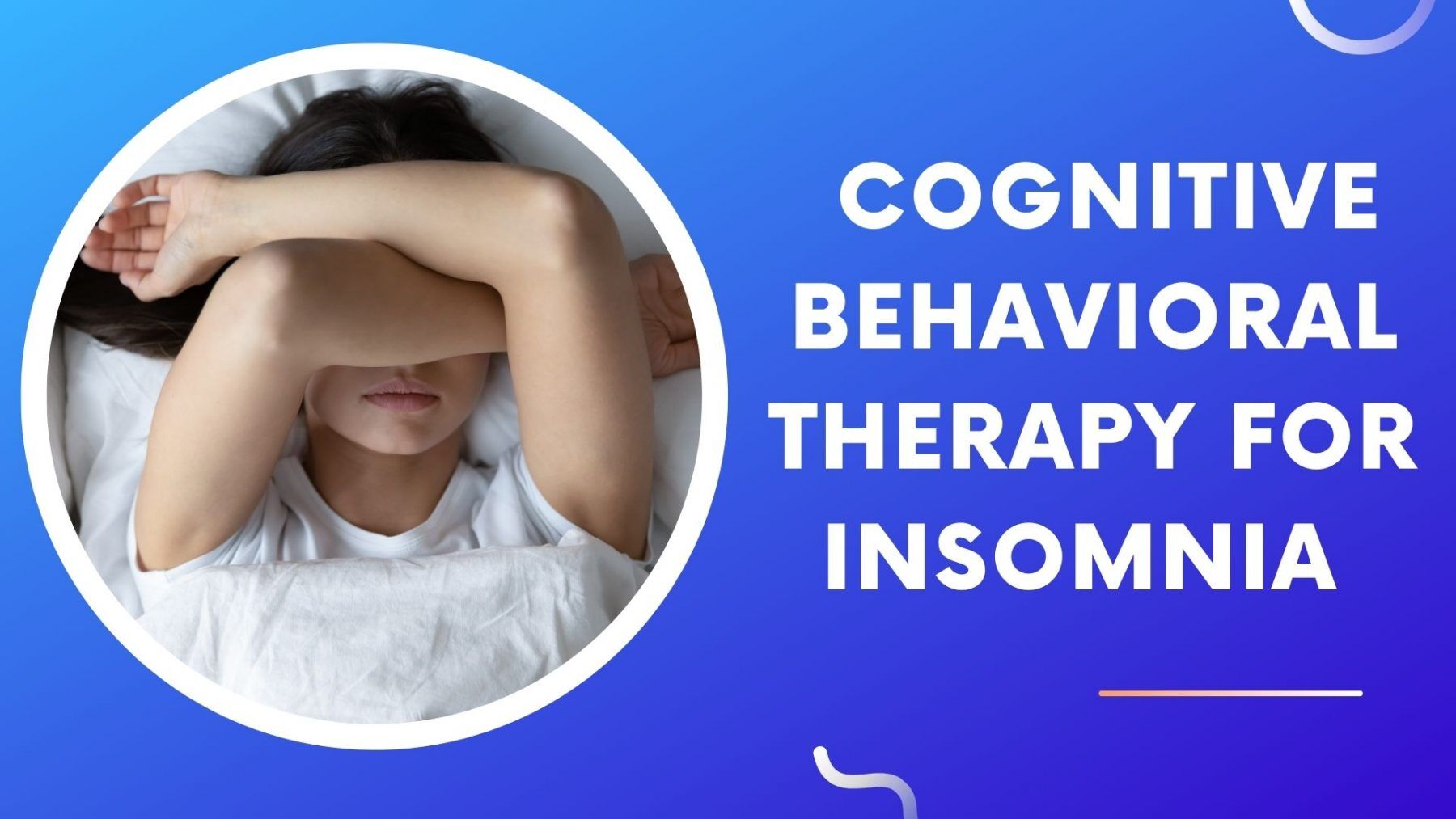

The effect sizes for the reduction of insomnia severity post treatment were 0.5 (confidence interval, CI, 0.3-0.8) for patients with depression, 1.5 (CI 1.0-1.9) for patients with PTSD, 1.4 (CI 0.9-1.9) for patients with alcohol dependency, 1.2 (CI 0.8-1.7) for patients with psychosis/bipolar disorder, and 0.8 (CI 0.1-1.6) for patients with mixed comorbidities. The comorbidities were depression (eight studies, 491 patients), post-traumatic stress disorder (PTSD, four studies, 216 patients), alcohol dependency (three studies, 79 patients), bipolar disorder (one study, 58 patients), psychosis (one study, 50 patients) and mixed comorbidities within one study (five studies, 189 patients). The search resulted in 1994 records after duplicate removal of which 22 fulfilled the inclusion criteria and were included for the meta-analysis. The databases PubMed, CINHAL (Ebsco) und PsycINFO (Ovid) were searched for randomized controlled trials on adult patients with comorbid insomnia and any mental disorder comparing CBT-I to placebo, waitlist or treatment as usual using self-rating questionnaires as outcomes for either insomnia or mental health or both. The aim of the present meta-analysis was to quantify the effects of CBT-I in patients with mental disorders and comorbid insomnia on two outcome parameters: the severity of insomnia and mental health. Despite this circumstance, insomnia is frequently treated only pharmacologically especially in patients with mental disorders. Cognitive behavioral therapy for insomnia (CBT-I) is the first-line treatment for insomnia according to current treatment guidelines. 8 Department of Psychiatry and Psychotherapy, Medical Center - University of Freiburg, Faculty of Medicine University of Freiburg, Germany Institute of Medical Psychology and Medical Sociology, Faculty of Medicine, University of Freiburg, Freiburg, Germany.Īlmost 70% of patients with mental disorders report sleep difficulties and 30% fulfill the criteria for insomnia disorder.

7 Department of Psychiatry and Psychotherapy, Medical Center - University of Freiburg, Faculty of Medicine University of Freiburg, Germany.6 University of Bern, Department of Clinical Psychology and Psychotherapy, Switzerland.5 Vrije Universiteit Amsterdam, Faculty of Behavioural and Movement Sciences, Clinical Psychology & Amsterdam Public Health Research Institute, Amsterdam, the Netherlands.4 Department of Old Age Psychiatry, GGZ InGeest Specialized Mental Health Care, Amsterdam, the Netherlands.3 University Hospital of Old Age Psychiatry and Psychotherapy, University of Bern, Switzerland.Electronic address: 2 University Hospital of Psychiatry and Psychotherapy, University of Bern, Switzerland. 1 University Hospital of Psychiatry and Psychotherapy, University of Bern, Switzerland.


 0 kommentar(er)
0 kommentar(er)
